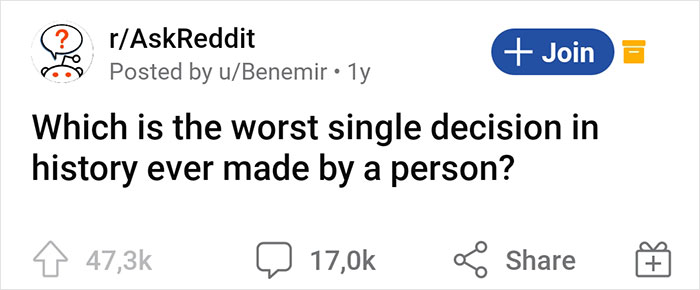Nobody was born screwup-proof. I mean, look at the times you've made a mistake, like, in the past year, and your blank page will be full by the second month of the year.
But there’s one thing about getting caught lying and entirely another when someone literally makes a regretful decision that starts the plague in their country, or when an entire business goes bankrupt.
So when someone put up the question “Which is the worst single decision in history ever made by a person?” on AskReddit, it immediately became a hit on the subreddit. 47.3k upvotes and 17k comments later, we’ve got the most illuminating replies that may, in fact, make us change our perspective of things. Welcome to the land of historical screwups, the place where any given error is worse than your very worst one times infinity.
#1
Bush’s decision to invade Iraq in 2003. There was no cause or direct threat, and it led to hundreds of thousands of deaths, trillions of dollars spent, and the creation of ISIS.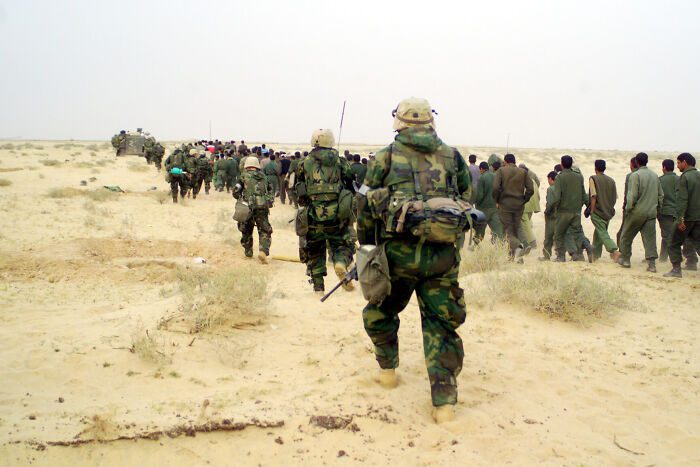
Image credits: technicalaversion
#2
Allan Savory the ecologist who killed 40000 elephants because it was believed that grazing was causing the desertification of Africa, only to find out later that elephants were essential to prevent desertification.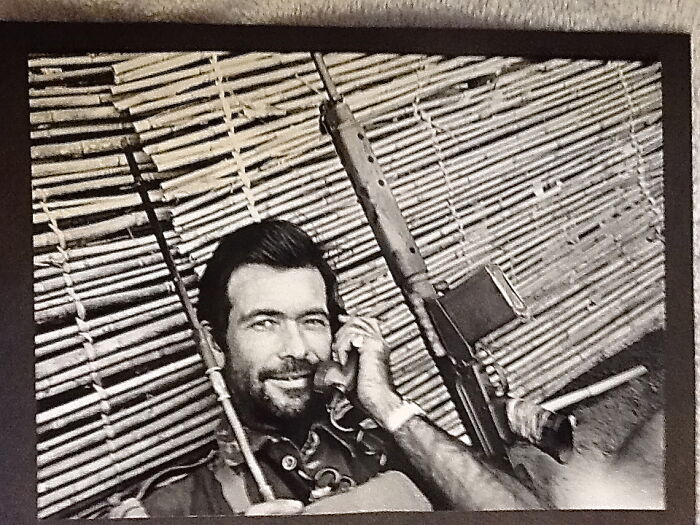
Image credits: corylew
#3
The decision by the Scottish to invade England during Black Death must be up there.
Image credits: jtswtf
#4
Yahoo refused to buy Google for 1 million and later for 40 billion again.Edit: They refused 1 million, later offered 3B, and Google wanted 5B so no deal. And Yahoo was offered 40B by Microsoft and they didn't want to sell. And later they sold for 4.6B.

Image credits: Jasper_Reddit
#5
Maybe the worst business decision ever made was by Xerox with their Alto computer.Xerox invented the graphical interface modern computers use. Desktop, folders, copy/paste etc. They basically invented the modern computer in the '70s. But the problem was, the people in charge at the time were businessman without any technical knowledge so they didn't realize what they had. They did nothing with it and gave it away to universities and showed other companies. The famous story is that Steve Jobs saw this and within 5 minutes realized this was the way computers would work in the future. He copied it, because Xerox didn't patent their invention and didn't do anything with it and the rest is history.

Image credits: cheesyvoetjes
#6
Anatoly Dyatlov making sure with every step, that reactor 4 at Chernobyl exploded in 1986.#7
“Alright gentlemen we’ve successfully fended off the Greeks for 10 years, our great city of Troy still stands. If we keep this up surely they will realize the siege is fruitless and return home before long.”“Yo captain there’s this big ass wooden horse outside”
“Oh rad bring it in”
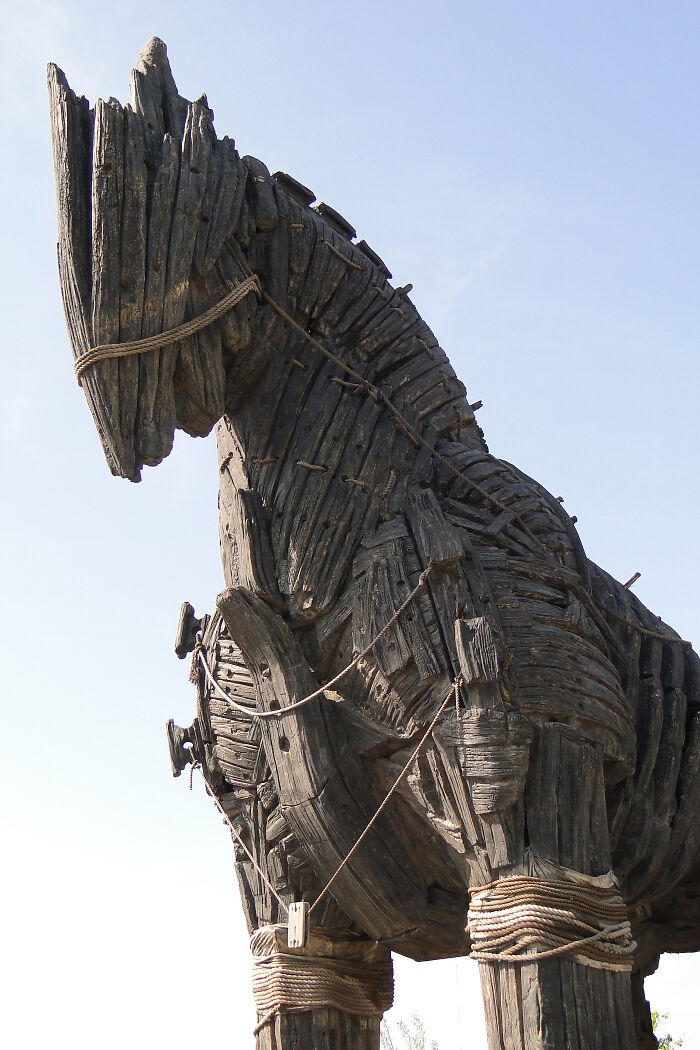
Image credits: Mr_Boi_
#8
Thomas Midgley Jr can lay claim to three:First, he discovered and helped popularize the use of lead in petrol/gasoline, causing unimaginable harm to the atmosphere and our brains. He contracted lead poisoning when working on the project, but apparently neglected to draw any conclusions from this.
Second, he lead the team that discovered freon, the first chlorofluorocarbon, and helped popularize the use of CFCs in refrigeration and industrial applications, causing further unimaginable harm to the atmosphere
It’s suggested that he had a greater impact on the atmosphere than any other single person in history.
As for the third, well:
In 1940, at the age of 51, Midgley contracted poliomyelitis, which left him severely disabled. He devised an elaborate system of ropes and pulleys to lift himself out of bed. In 1944, he became entangled in the device and died of strangulation.
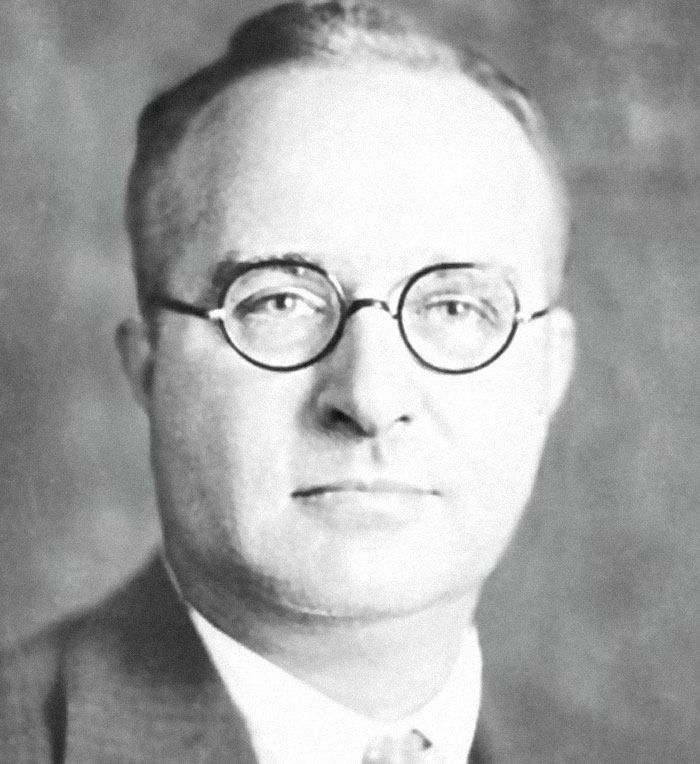
Image credits: JamesCDiamond
#9
Eastman Kodak deciding not to go forward with their own newly invented digital cameras and instead sticking with film because it made them so much money at the time.
Image credits: starshame
#10
Well, the decision of Inalchuq, the governor of the Khwarazmian city of Otrar, to attack Genghis Khan’s trade caravan was pretty bad. Khan was famous as a ruthless warlord, not the sort of guy you want to piss off.But maybe they could have got away with it. Genghis sent three ambassadors to negotiate a settlement.
Which is when Muhammad II, the Shah of of Khwarzem, made the really bad decision to kill one of these ambassadors and send the other two back without their beards as a sign of humiliation.
Genghis Kahn was so enraged he assembled an army and destroyed the Khwarazmian Empire. Wiped out every town they had. He even re-routed a river to wipe out the village where the Shah was born, wiping it off the map. By 1120 there wasn’t much of anything left.
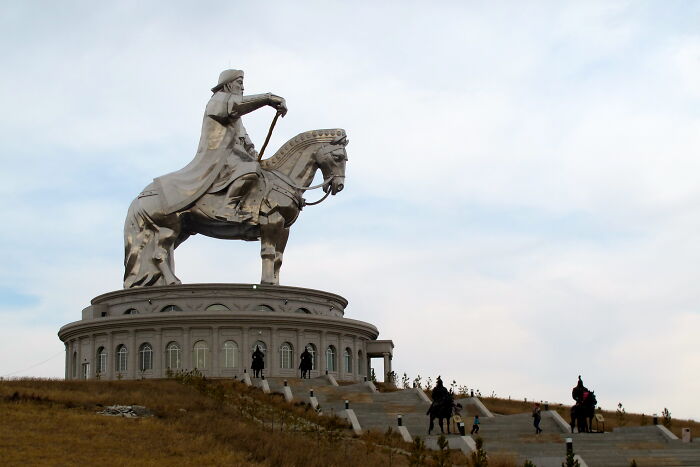
Image credits: Horacecrumplewart
#11
Radcliff Line - The process to divide India and Pakistan boundary in 1947 was done hastily and without major considerations to local populace religion. Radcliff was not a geography guy and majorly messed up the process. Millions died.
Image credits: earliestowl
#12
Burning of the Library of Alexandria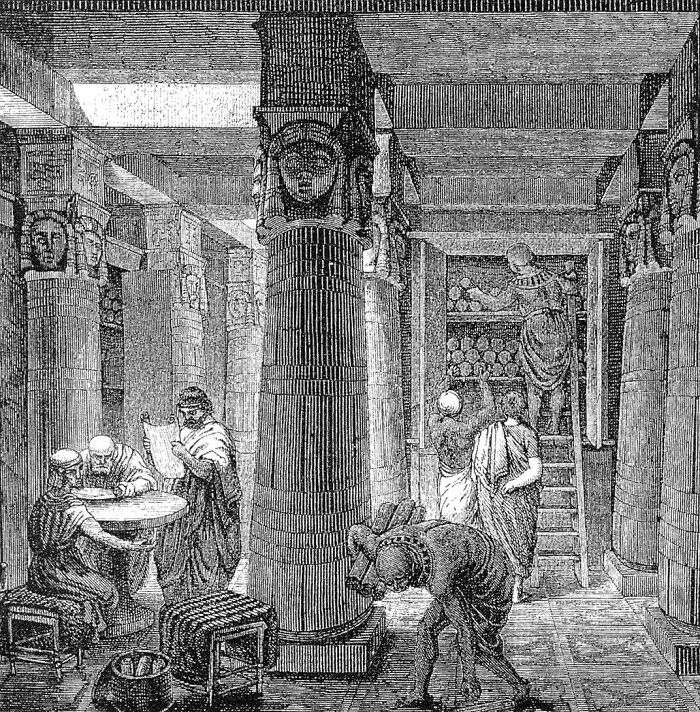
Image credits: Russian_Spy_slav
#13
Mao ZedongPest capaign: He basically told his nation to take pots and pans to kill all the sparrows. However, the ecosystem was disturbed and the locust population skyrocketed.
Seeds: he thought that planting seeds 1 meter in the ground would result in greater roots and better harvest. He also thought that putting tons of seeds in one compact area would cause a better harvest. All the seeds died however. Around 30 million or so died from Famine under his rule.
"Hey! Look at the other nations industrializing! Lets smelt all our metal to build better infrastructure. What? It creates pig iron which is super unstable and impure therefore being ultimately useless? Oops!" -Mao
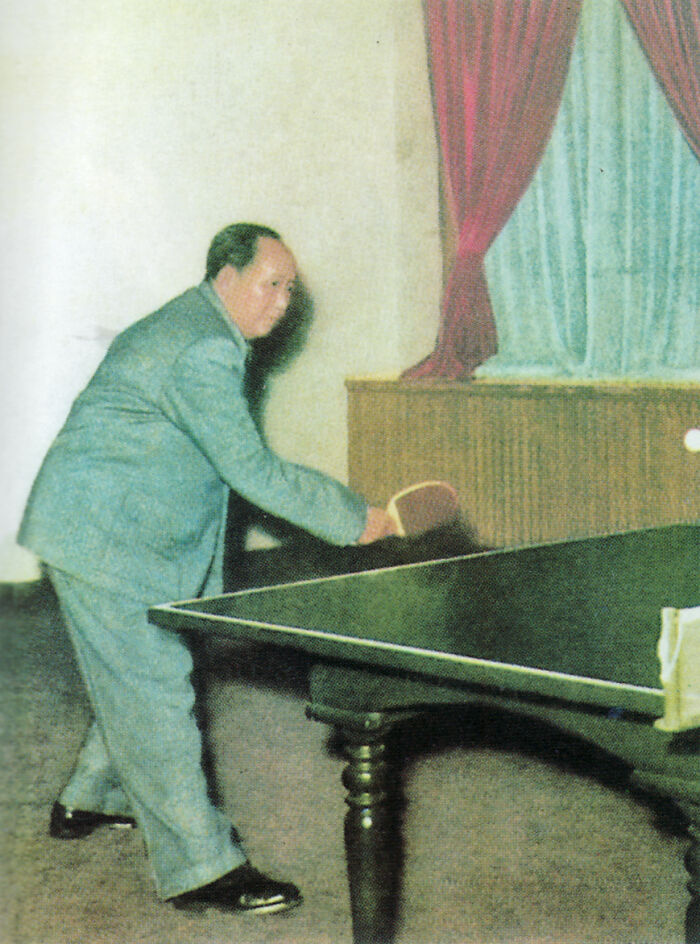
Image credits: s_sekowski
#14
The guy that sold the bottling rights for Coca Cola, for $1, and never even made the guy pay the $1.
Image credits: TheGarp
#15
The Donner Party of 90 pioneers choosing to take a shortcut when heading West from Illinois to California in 1846. Said shortcut led to them getting trapped in the Sierra Nevada mountains and resorting to cannibalism.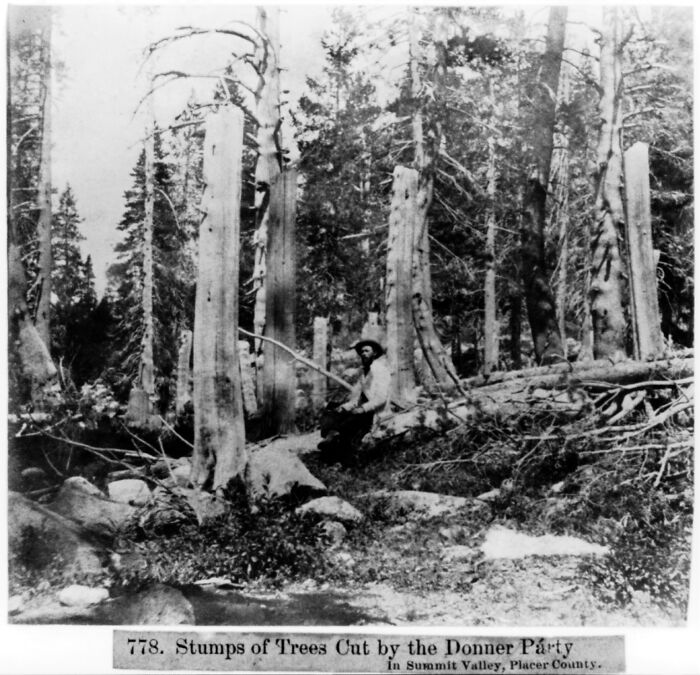
Image credits: QuestioningAccount1
#16
Hong Xiuquan declared the Taiping rebellion after he had a nervous breakdown from failing the imperial examinations. He proclaimed that he was the brother of Jesus Christ. 20-30 Million people died.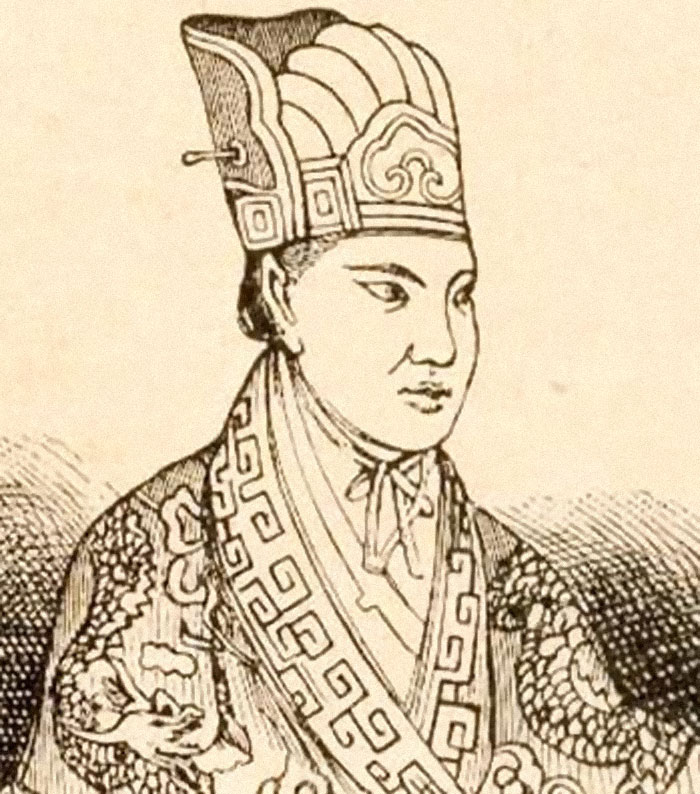
Image credits: Caesar321
#17
Robert Ballard, one of the guys who discovered Titanic, says that his biggest regret is that he and Jean-Lous Michel didn’t bring a piece of the Titanic up with him when he first discovered it in 1985. At the time, they didn’t want to disturb the wreck, and leave it pristine. But if they had done so, then they would’ve been able to claim legal ownership of the wreck under international maritime law, and therefore more control over it. Because they chose not to do that, everyone and their grandma is free to take artifacts and pieces of the wreck, and this makes preservation impossible.
Image credits: RedWestern
#18
Blockbuster not buying Netflix.
Image credits: powerlesshero111
#19
Brutus decided to join Cassius in murdering the dictatorial tyrant, Caesar. The reason? They suspected his intent to become a king.Which then started a chain of events leading to his adopted son Caesar becoming a military dictator without equal, having all the powers of a king without being called one.
When this Caesar Augustus dies, his name and title is passed on for the next four hundred years almost like you would a crown. Monarchies then returned all over Europe, in the style of Augustus Caesar.
And so, the decision of Brutus to join the conspiracy in effect changed all of Western civilization for the next 1900 years to adopt the very political style he wanted to avoid.
It would not be until the 1770s when America and later France would begin revolting and experimenting with Democracies and Republics.
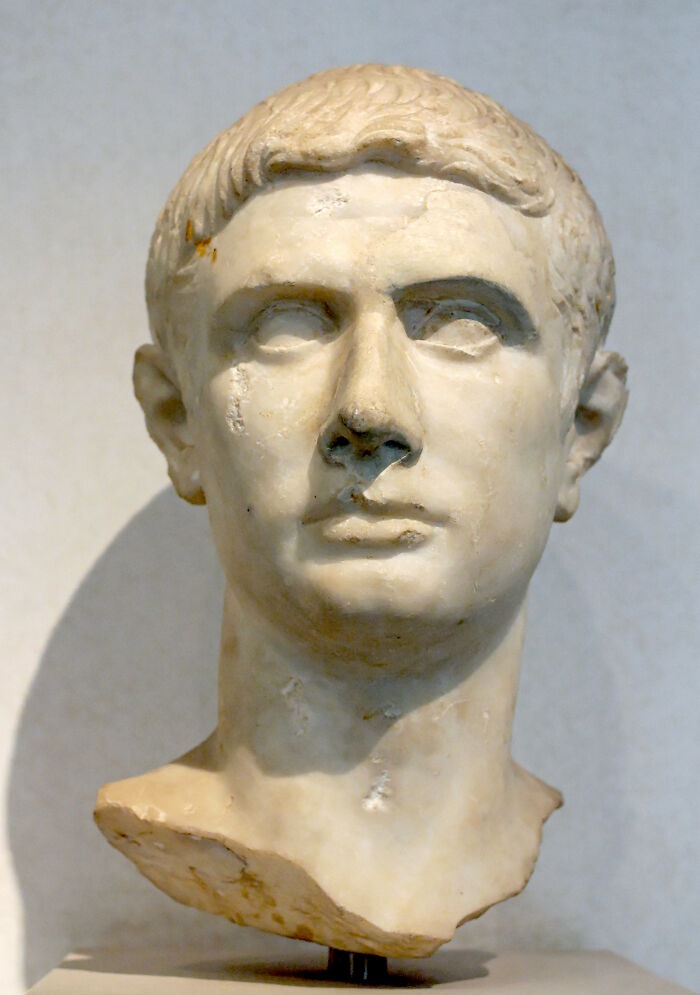
Image credits: Ipride362
#20
Hmm, here are a few candidates:Hitler/Napoleon (for attacking Russia)
Dyatlov for various things he decided at Chernobyl (but there are so many Versions of that it's hard to say who was most responsible)
Whoever ordered Pearl Harbor (for ordering the attack)
Licencing Thalidomide for use against morning sickness (killed about 40% of the unborn babies and had horrendous effects on many of the rest)
Using Hydrogen to fly the Hindenburg
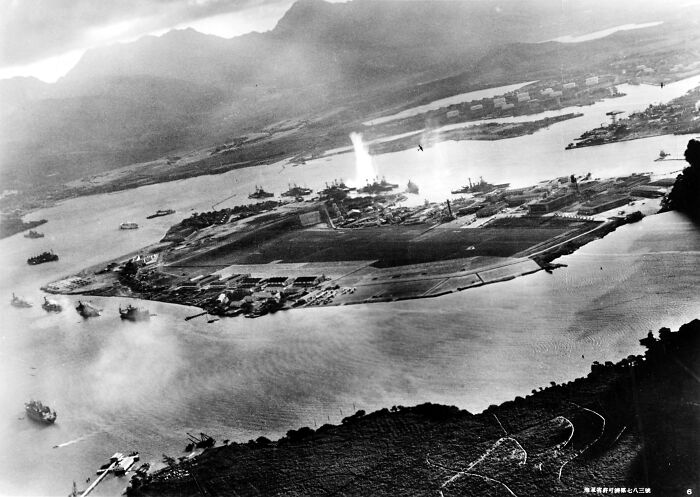
Image credits: Aibeit
#21
Gavrillo Princip shooting Archduke Franz Ferdinand.On that day, a man acted upon his self-constructed vendetta against a non-tyrranical monarch, thinking the world would remember him as a symbol against foreign tyranny. A symbol of national sovereignty.
A year later, 10 million men were dead.
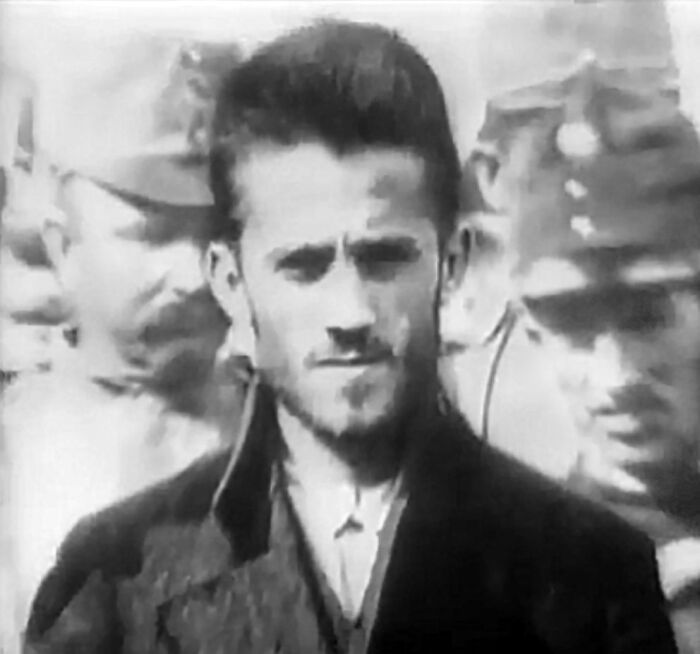
Image credits: Dickcheese_McDoogles
#22
How about the guy who bought 20,000 Albanian slaves, brought them to Cairo, trained them to be the greatest warriors of their time, and then got overthrown by said slave warriors because they were so well trained.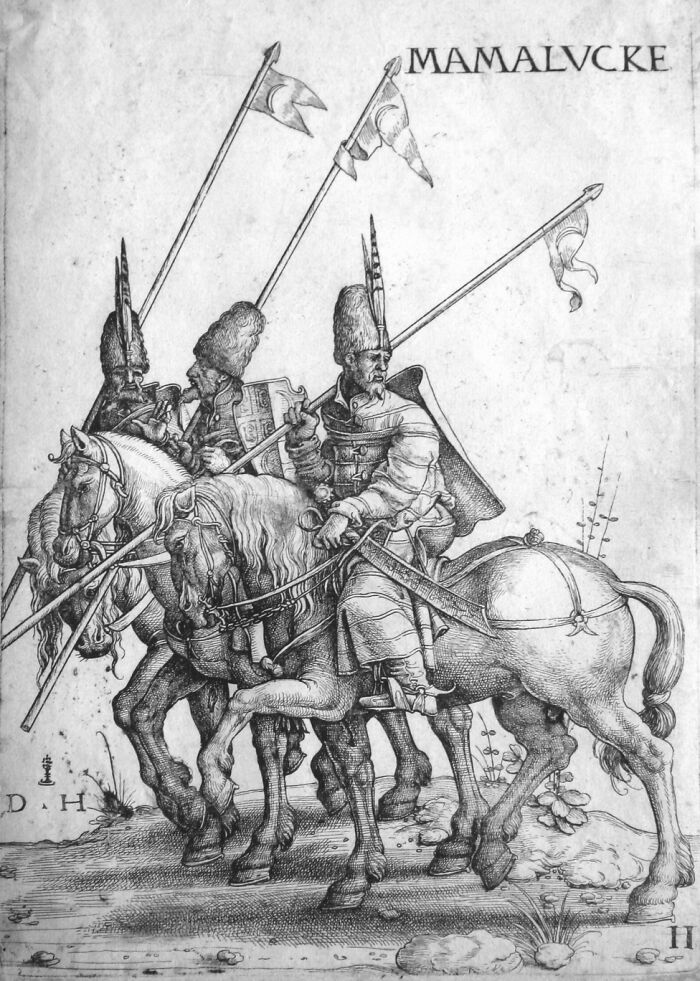
Image credits: TheRealSumRndmGuy
#23
David Cameron's decision to call a referendum on Brexit, closely followed by Teresa May caking a snap General Election and losing her party's majority.#24
Nokia (yes the this phone will kill you bois) developed first smart phone way before Apple, but did not believed them to be the future. They just continued developing the old style phones
Image credits: Viljami32
#25
My great great grandfather, a carpenter, did some work for a poor painter in the neighbourhood. The painter had no money, so he offered either a bottle of wine or a painting. My great great granfather chose the wine.The painter was Edvard Munch, and the painting would have been worth millions upon millions today, or even just a few decades later (if translated to todays money).
#26
Alcibiades was considered a traitor in Athens for leading his men to death. A traitor in Sparta because he got the queen to cheat on the king with him and a traitor in Persia after including them in a war
Image credits: itsmustafatime
#27
Two terrible decisions for the price of one:The British gave Native American's blankets diseased with smallpox to "thin" out their ranks during The French and Indian War. They didn't anticipate just how deadly this would be; some tribes losing as much as 90% of their number due to the epidemic.
When Edward Jenner invented the smallpox vaccine, Britain made fast allies by exporting it out to the world. Some of those shipments were to be sent to the United States, with the intention of helping both the Colonial American populace and the Native American Populace.
Only problem was that the Colonials and the Natives were having a bit of a war for the west at the time. The US Army took the vaccines hostage, with the intention of letting more Natives die, until they gave up and moved into the reservations the US Army had built for them.
Native Americans just can't catch a break at all.
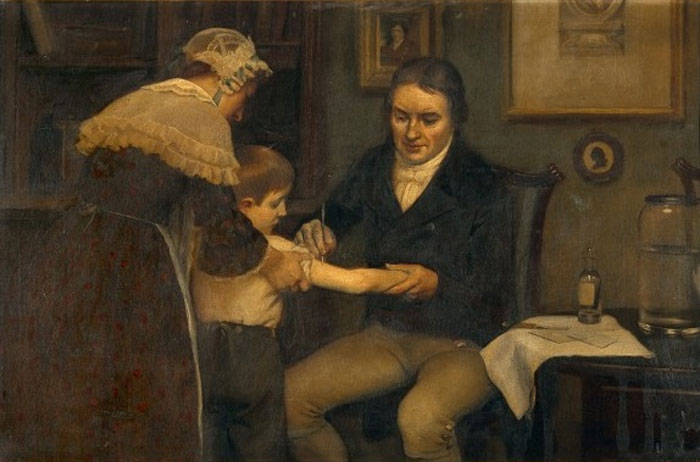
Image credits: killingjoke96
#28
Maybe not the *worst*, but maybe Ronald Wayne, he was a co-founder of apple along with Steve Jobs and Steve Wozniak in 1976. Just 12 days after forming the company, he sold his shares for $800. He owned 10% of the company, which would be worth ~$80,000,000,000 (80 billion) today.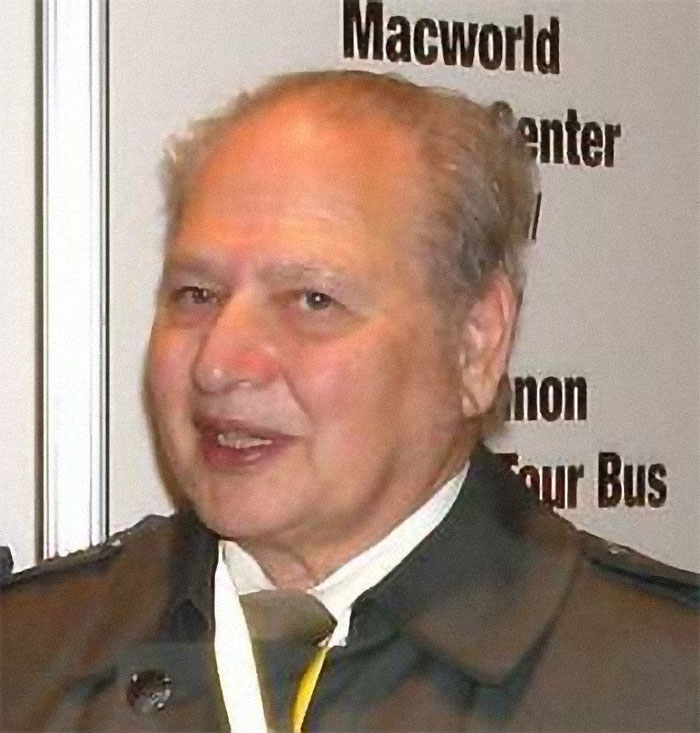
Image credits: ProGenji777
#29
That one time nintendo had a partnership with sony to develop a CD based console but in the end changed their mind and kicked Sony out cuz they decided to stick with cartridges.Sony then thought "screw this, We'll make our own console, with blackjack & hookers" and created the playstation as a f**k you towards nintendo...
#30
Here’s a recent one...After successfully invading Iraq and toppling Saddam Hussein, the US decided that all members of the ruling Baath party should be banned from government and military positions in the new government.
The result was a crop of knowledgeable bureaucrats and military leaders available to join a group of terrorists under Zarqawi to form a little group that would go on to become ISIS.
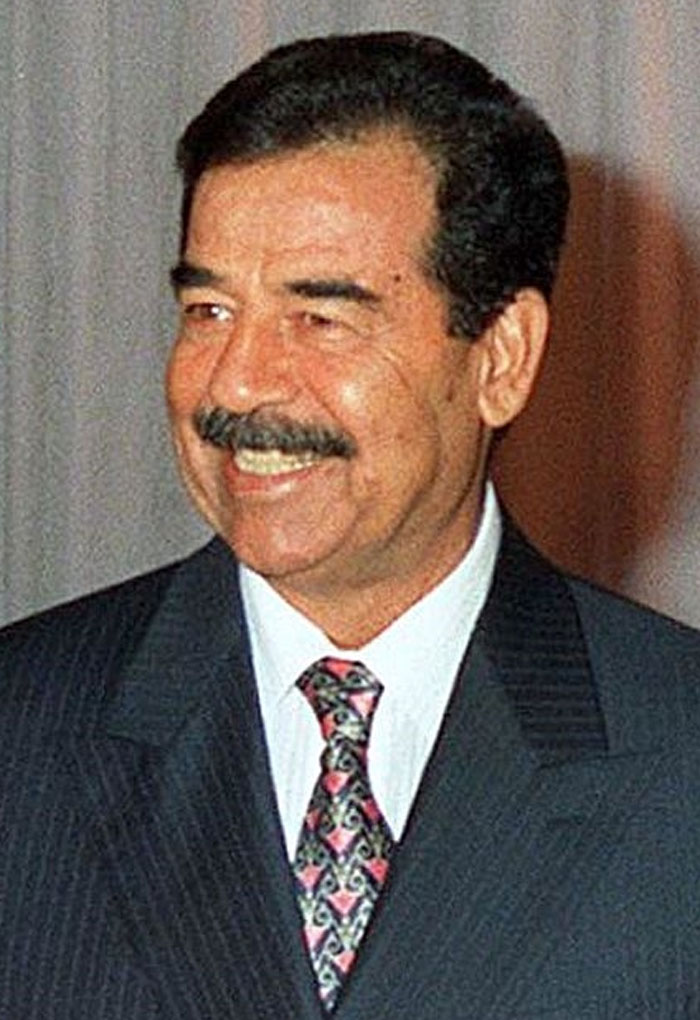
Image credits: JayArlington
#31
The Soviet government not informing their nuclear power plants of the defect which caused Chernobyl to melt down and almost destroy all of eastern Europe.#32
The British refusing to lower taxes on the Americans as it started the age of revolutions that destroyed almost all the power royals had#33
Kaiser Wilhelm II firing Otto von Bismarck. Bismarck had a plan. He always has a plan. But not when an incompetent Kaiser boots him out of his means of putting his plans into action. Bismarck had everything set up perfectly, but Wilhelm II decided to f*ck up everything he had set up, and got into WWI for it.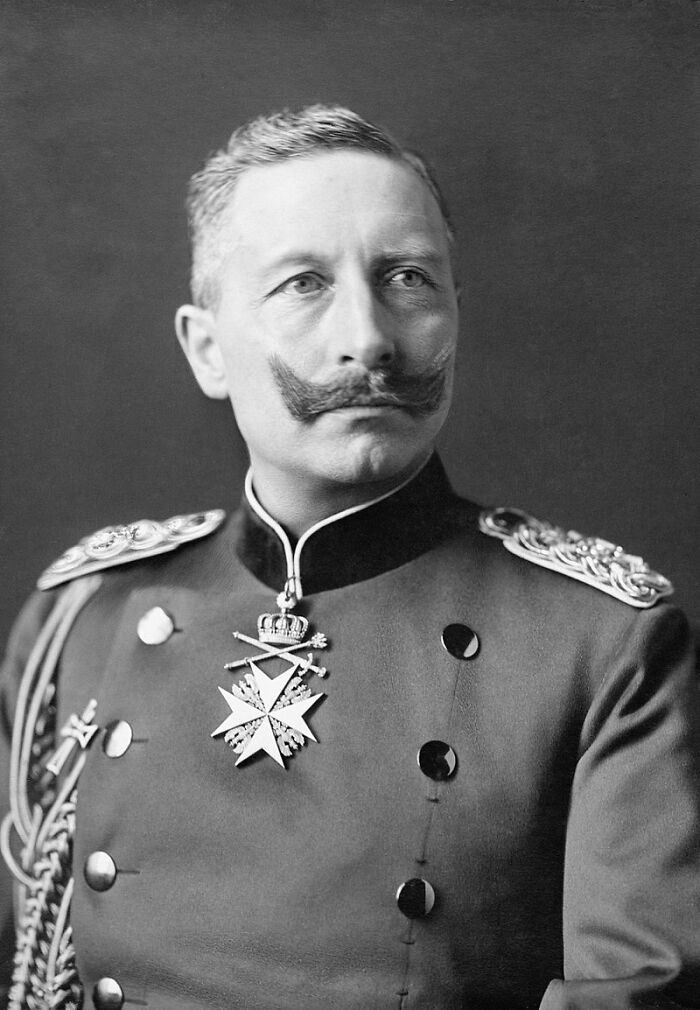
Image credits: AdouMusou
#34
Sultan Murad IV sending the first flying man in history (Hezarfen Ahmed Çelebi flying three kilometers over the Bospurus in 1638) , into exile instead of putting all efforts into aviation.#35
“Hey, let’s create a coffee machine that uses a single use plastic cup for every cup of coffee or tea. How bad can the trash from that really be?”I actually read that the creator of the K-Cup, John Sylvan, regrets inventing the pod system.
#36
The guy who rejected Hitler's art academy application?#37
William Howard Taft running for US president:Prior to ww1, the US elections took place with Woodrow Wilson winning with a 36% (give or take) majority, how could this happen? Taft. The election was split 3 ways, Wilson for the democrats, and Taft and Teddy Roosevelt for the Republicans, they split the vote and Wilson Won. Had Taft not split the vote Roosevelt would have won and serve a third presidential term. As president, Roosevelt would have almost definitely pushed the US one WW1 much earlier than Wilson did, possibly shortening the war by up to a year. The main impact of this would have been on Russia, while it wouldn’t have saved the Tsar, it would have put down Lenin and prevented the rise of Communism, as it would have denied Lenin the public backing he needed, given that the current govt. didn’t look quite so incompetent. With no Lenin, no Stalin, no mass genocides, speaking of genocides, the fear of communist take-over largely fuelled support for the Nazi party and without them, Hitler would have lived and died a fringe extremist with very few people even noticing him.
TLDR; Taft ran for president, split the vote, denied Roosevelt a third term, which lead to a prolonged WW1, the Russian Communist take over, WW2, Cold War, etc.
#38
Game of Thrones Season 8#39
John H. Sununu might count. He was an MIT educated engineer, brilliant guy, PhD in mechanical engineering. He even served on MIT's Advisory Board of the Technology and Policy. He remains a member of the National Academy of Engineering. More importantly, he was a governor of NH and later the White House Chief of Staff under George H.W. Bush.As Bush's adviser, he was the first one with a STEM background to doubt climate change. He publicly questioned the validity of James Hansen / NASA's modeling efforts. In fact, the US was on the verge of signing a binding climate treaty with 65 other nations (in 1989!)
Prior to this point, the argument was "how do we balance emission reductions versus economic losses", with conservative forces recognizing the danger but insisting we protect businesses from overreaching regulation. After Sununu's public doubts, the entire debate shifted to "is climate change even real?". It inspired the "everything's fine" PR campaign that has been ongoing ever since. I honestly suspect treaty opponents didn't even realize that pure denial would be a realistic strategy until Sununu called James Hansen a liar.
I guess in another 50 years we'll see the true extent of the damage he did. Ironically all this falls not on some moron, but on a brilliant guy who decided to speak on something outside his expertise.
#40
Whoever said "The worlds Biggest MMO" Runescape should remove the wilderness and free trade. They threw a literal fortune down the drain just because they didn't understand their own product.#41
Jawaharlal Nehru. The 1st prime minister of India after Independence. India and China were both struggling countries trying hard to make ends meet. Instead of making China a friend, he pushed for a strong policy against them. Then brilliantly decided to start a war that the military was in no position to fight.If not for him, the world would been a different place today. Instead of having huge militaries, India, China and Pakistan could have developed their respective countries and made a positive impact on the world.
#42
Invading Russia. Always invading Russia.#43
Gerald Ratner talking s**t about his own business.He was ousted and the firm almost collapsed before restructuring and rebranding.

Image credits: unknown
#44
The development of nuclear weapons was probably inevitable, and several situations arose that balanced armageddon on a knife edge. Many historical decisions could have tipped the balance via butterfly effect, so I take these questions in that light - all those terrible decisions, luckily, led to us to still be around to make a few more#45
Eight years ago when that guy bought two large pizzas for 10,000 bitcoin.#46
Henry Tandey who supposedly spared Adolf Hitler's life during the war.The story is set on 28 September 1918, while Tandey was serving with the 5th Duke of Wellington's Regiment, and relates that a weary German soldier wandered into Tandey's line of fire. The enemy soldier was wounded and did not even attempt to raise his own rifle. Tandey chose not to shoot. The German soldier saw him lower his rifle and nodded his thanks before wandering off. That soldier is purported to have been Adolf Hitler.
#47
Whoever signed the bill passing prohibition#48
Sharif Hussein trusting the British.#49
How about the greatest single decision that could have ended up as the worst single decision in history ever made by a person?Vasily Arkhipov. The man who was solely responsible for preventing nuclear war in 1962. The three officers on board the diesel-powered and nuclear armed B-59 sub had to agree unanimously to launch the nuclear torpedo. Conditions due to the Kennedy administration's blockade began to take a toll upon the crew members. Diesel subs can get incredibly hot over extended periods of time, the batteries failed and the air conditioning stopped, and the lack of fresh air from increased carbon dioxide levels means delirious crew members. Eventually two officers, Captain Savitsky, and the political officer Ivan Semonovich Maslennikov got sick of waiting due to thinking WWIII had already begun and decided to go through with the launch. But Arkhipov was second in command and his position as flotilla commander meant they also needed his approval to launch it. If he wasn't a flotilla commander it wouldn't have been needed gain his approval even as second in command. Vasily disagreed and all three actually got into a physical confrontation, fighting over command of the torpedo. Eventually they agreed with Vasily and had brought the sub to surface. Needless to say, they faced criticism and were disgraceful to their superiors who would have rather saw them go down with their ship than be captured by the enemy.
According to Wikipedia: ''Each captain was required to present a report of events during the mission to the Soviet defense minister, Andrei Grechko. Grechko was infuriated with the crew's failure to follow the strict orders of secrecy after finding out they had been discovered by the Americans. One officer even noted Grechko's reaction, stating "upon learning that it was the diesel submarines that went to Cuba, removed his glasses and hit them against the table in fury, breaking them into small pieces and abruptly leaving the room after that."
It's safe to say that there's an almost unanimous amount of agreement over the importance of Arkhipov's decision. Everyone from Chomsky, to McNamara have agreed that this was the defining moment of whether or not we would prevail as a species. This was it. The test. The launch of the torpedo would have meant the nuclear destruction of the blockade above, and thus the invasion of Cuba and the launching of the NATO nukes in Turkey and other European countries. Meaning the missiles in Cuba which were operational at this point, would have decimated all the major cities on the Eastern seaboard, and the major cities in the Midwest.
Arthur M. Schlesinger Jr., an advisor for the John F. Kennedy administration and a historian, has stated, "This was not only the most dangerous moment of the Cold War. It was the most dangerous moment in human history."
from Bored Panda https://bit.ly/30B2QkN
via Boredpanda
